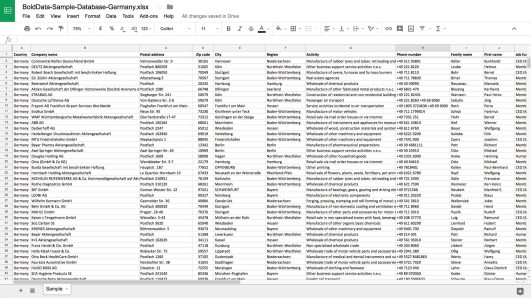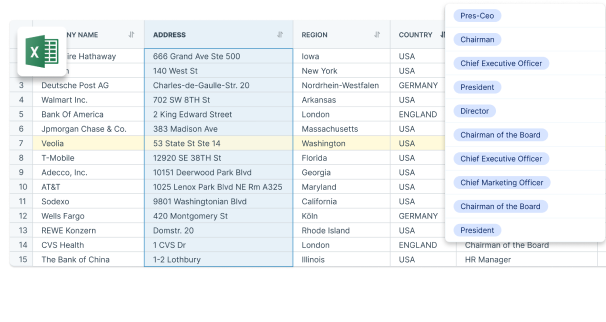An Introduction to Data Governance: What It Is and Why It Matters – Data governance is a critical component of any organization’s data management strategy. It refers to the overall management of the availability, usability, integrity, and security of data used in an enterprise. It is essential to ensure that data is consistent and of high quality, which can improve decision-making, risk management, and regulatory compliance.
Importance of Data Governance
Data governance is essential because data is a valuable asset for any organization. Data governance helps organizations to ensure that their data is accurate, consistent, and reliable. It also helps organizations manage their data efficiently and effectively, resulting in better decision-making and improved business performance. Effective data governance can also help organizations comply with regulatory requirements, reducing the risk of fines and other legal penalties.
Principles of Data Governance
There are several principles of data governance that organizations should follow to ensure the effective management of their data. These include:
- Data ownership: Every organization should clearly understand who owns the data and who is responsible for its management.
- Data quality: Data quality is critical for effective decision-making. Organizations should have processes to ensure data is accurate, complete, and consistent.
- Data security: Data security is essential to protect sensitive information from unauthorized access, use, or disclosure. Organizations should have robust security measures in place to protect their data.
- Data lifecycle management: Organizations should have a process for managing the entire lifecycle of their data, from creation to disposal.
- Data stewardship: Data stewards manage specific data elements and ensure their accuracy, completeness, and consistency.
- Data architecture: Data architecture refers to an organization’s overall data infrastructure design. It includes data models, data standards, and data integration.
Best Practices for Data Governance
To ensure effective data governance, organizations should follow some best practices. These include:
- Establish clear roles and responsibilities: Every organization should have clear roles and responsibilities for data management.
- Develop a data governance framework: Organizations should develop a data governance framework that outlines the policies, procedures, and guidelines for data management.
- Identify critical data elements: Organizations should identify critical data elements and prioritize their management.
- Develop data quality metrics: Organizations should develop metrics to measure data quality and identify areas for improvement.
- Conduct regular data audits: Organizations should conduct regular data audits to ensure that data is accurate, complete, and consistent.
- Provide data governance training: Organizations should train employees on data governance principles, best practices, and policies.
Key Takeaways
Data governance is critical to the success of any organization. It ensures that data is accurate, consistent, and reliable, which can improve decision-making, risk management, and regulatory compliance. By following this article’s principles and best practices, organizations can effectively manage their data and ensure it remains valuable.
Contact us for free tailor-made advice about data privacy. Please call +31(0)20 705 2360 or send an e-mail to info@bolddata.nl.

